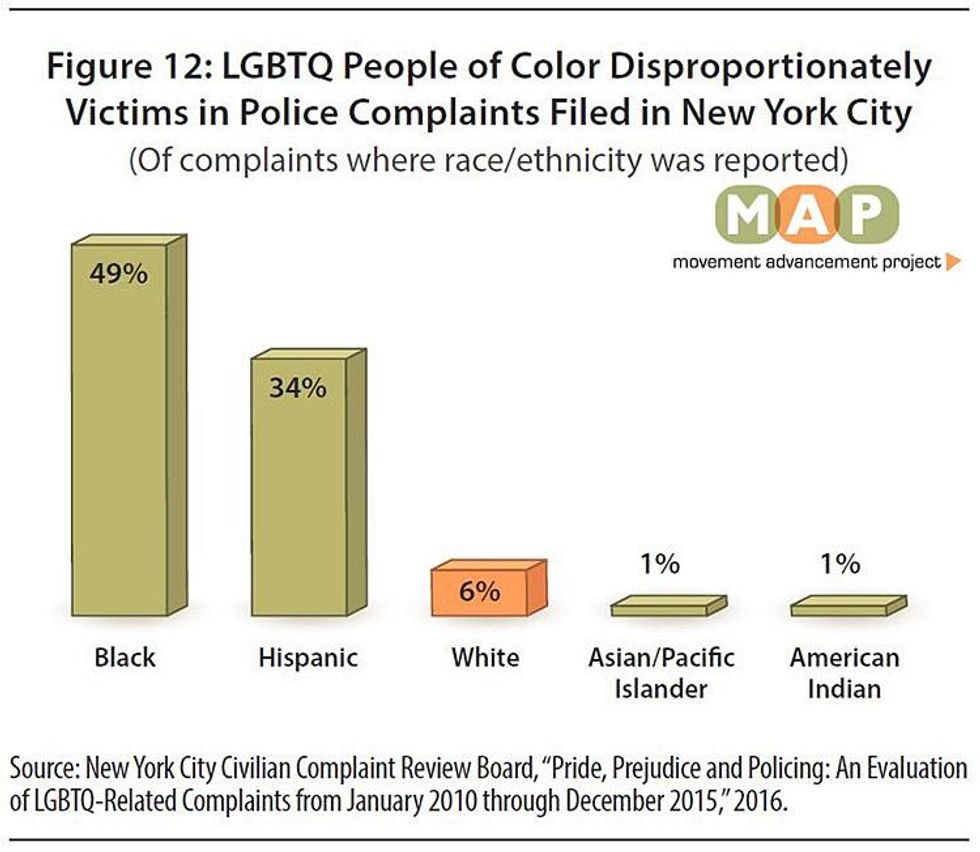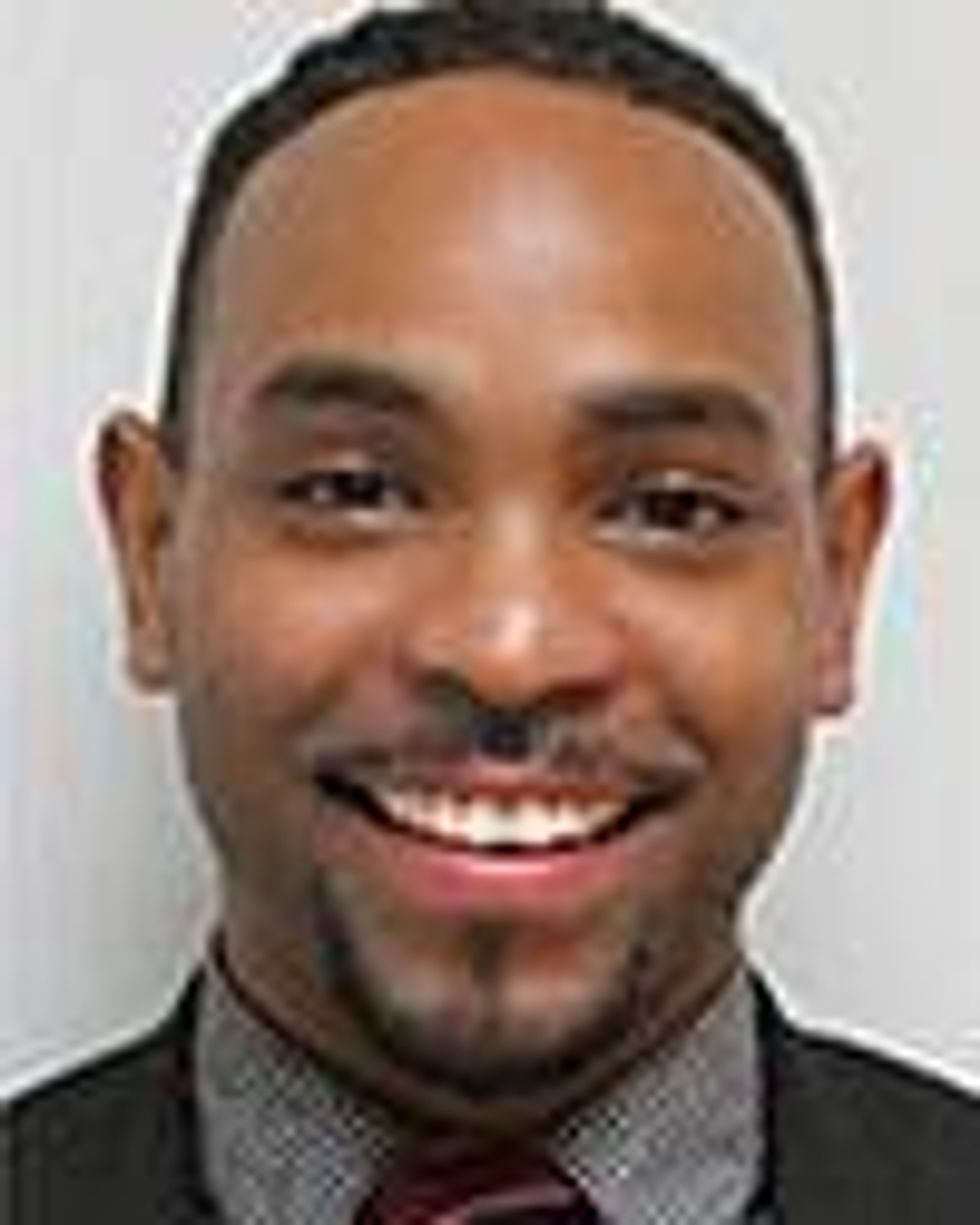The summer of 2016 has shined a painful light on so many of the inadequacies and injustices entrenched in our nation's criminal justice system. Our collective attention has been fixed on cell phone footage showing the deaths of Alton Sterling of Baton Rouge, La., and Philando Castile of Falcon Heights, Minn., at the hands of police, followed by the tragic murders of five police officers by gun violence in Dallas. And just last week, prosecutors in Baltimore dropped all charges against the three remaining police officers accused in the arrest and death of Freddie Gray in 2015.
As the prolific James Baldwin put so eloquently decades ago, "To be a Negro in this country and to be relatively conscious is to be in a rage almost all the time."
This sentiment sadly remains true today. Our nation's criminal justice system seems to consistently treat communities of color one way and provides a separate, more sympathetic system for law enforcement officials when they are accused of using excessive force against civilians.
For me, proud black gay man working to empower black LGBT people and families at the National Black Justice Coalition, these tragedies hit close to home. In addition to the systemic wrongs that continue to plague our justice system, we also witnessed this summer the horrific shooting massacre at Pulse nightclub in Orlando in June during Pride Month. LGBTQ people and allies, many Latinx, were targeted and murdered. As an organization dedicated to bridging the gaps between the movements for racial justice and LGBT equality, we recognize that these incidents are not unrelated, but rather they speak to the violence and discrimination our community faces at the intersections of our sexual orientation and gender identity, and the systemic devaluing of black lives. As a nation, we cannot afford to sit on the sidelines and do nothing about these injustices that are both structural and embedded in our society.

The Facts
In 2016 alone, 515 people have been shot and killed by police, one-quarter of whom were black. While we don't know the sexual orientation or gender identity of many of them, of complaints filed by LGBTQ people with the New York City Civilian Complaint Review Board, 49 percent were filed by black LGBTQ people, compared to just 6 percent by white LGBTQ people. This is further complicated by the stories of black LGBTQ youth in Chicago and New York City who tell of being singled out in gay neighborhoods by police because they do not look like they belong. Black transgender women are assumed to be engaged in sex work because they were "walking while trans." Changing the culture of policing and reestablishing trust between communities and police must include black LGBT people, as we continue to bear the brunt of these negative encounters with law enforcement.
Mass incarceration of black people, men in particular, has devastated black families and communities. While there is a lack of comprehensive data about LGBT people, particularly black LGBT people in prisons and jails, there is emerging evidence that we are disproportionately impacted by disciplinary policies, laws, and bias and discrimination in the justice system, which may mean we are overrepresented in America's jails and prisons. At the same time, our nation's schools funnel black youth into the school-to-prison pipeline, and research shows that black LGBT youth are disproportionately disciplined. New analysis of GLSEN's 2013 School Climate Survey finds that 31 percent of black LGBTQ youth were suspended compared to 20 percent of all LGBTQ youth. Further research suggests that black girls, particularly those who are gender-nonconforming, are more likely to be disciplined at school.
From statistics about drug laws, we know that black people face increased risk of arrest and conviction and greater sentences for drug charges. However, black gay and bisexual men are also more likely to be charged under HIV criminalization laws that ignore science about HIV; in one study, two-thirds of individuals charged in 19 states were black. Black transgender people report higher rates of lifetime incarceration compared to their trans peers (47 percent versus 12 percent for white transgender people) -- that's nearly four times the rate. And 85 percent of LGBT or gender-nonconforming youth in juvenile facilities identify as youth of color.
Demand Action Now
All of these facts paint a dismal picture of our nation's criminal justice system and the negative impact it has on too many LGBT people of color. Because of these facts LGBT people of color, especially black LGBT people, are more likely than the broader population to be living with a criminal record, which creates major challenges to rebuild their lives. We must take action to hold accountable those in authority to do something about the systemic oppression and the injustices that plague our nation. The time is now to hold accountable all of those with influence over our nation's laws and policies to reform and dismantle this system by our voices and votes. Our very lives and the stability of our nation depend on it.
Today NBJC and eight other organizations released a report itled "Unjust: How the Broken Criminal Justice System Fails LGBT People of Color." Read more here: www.lgbtmap.org/criminal-justice-poc
 ISAIAH WILSON is the external affairs manager of the National Black Justice Coalition, a civil rights organization dedicated to empowering black LGBT people.
ISAIAH WILSON is the external affairs manager of the National Black Justice Coalition, a civil rights organization dedicated to empowering black LGBT people.



 ISAIAH WILSON is the external affairs manager of the
ISAIAH WILSON is the external affairs manager of the 















































































